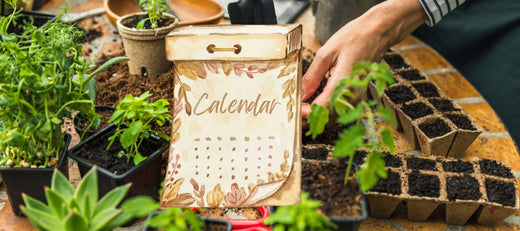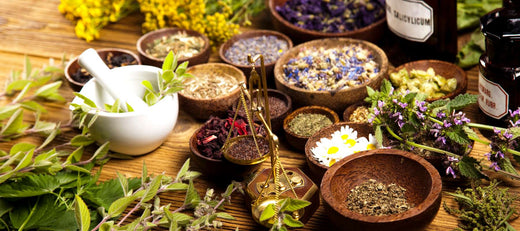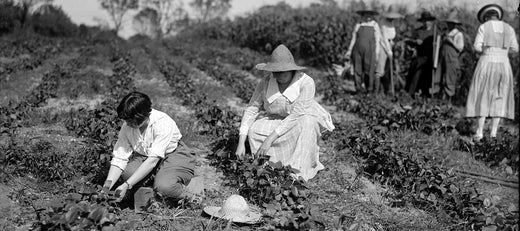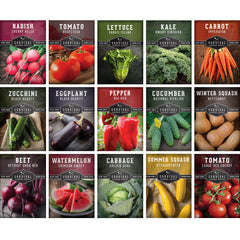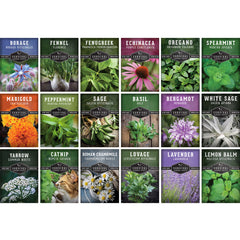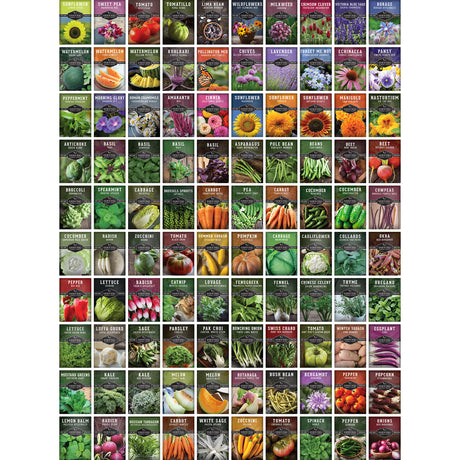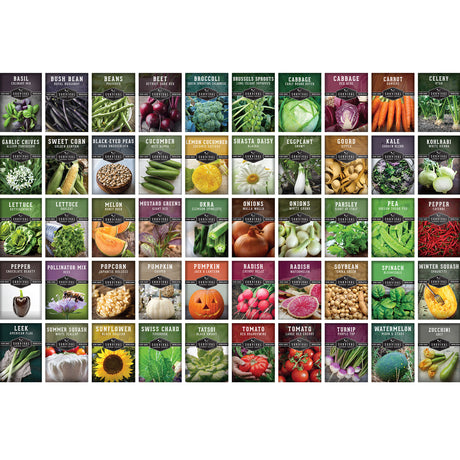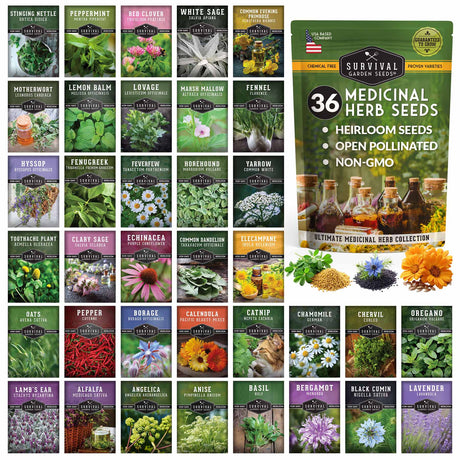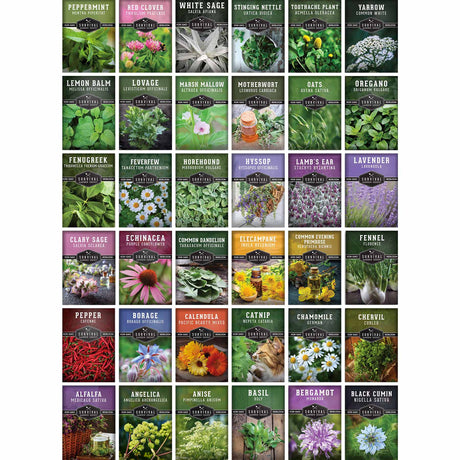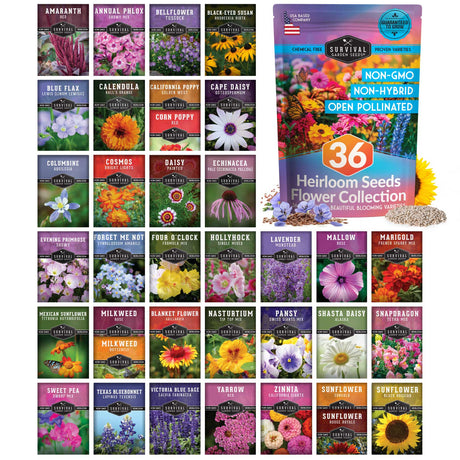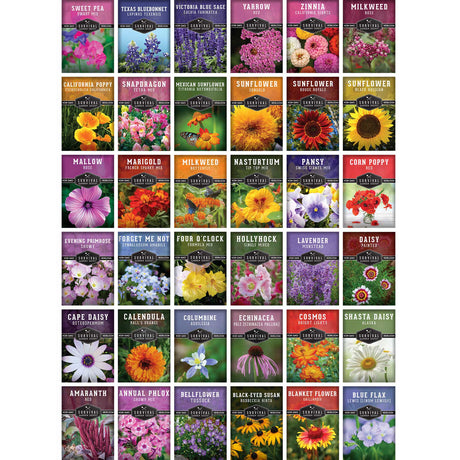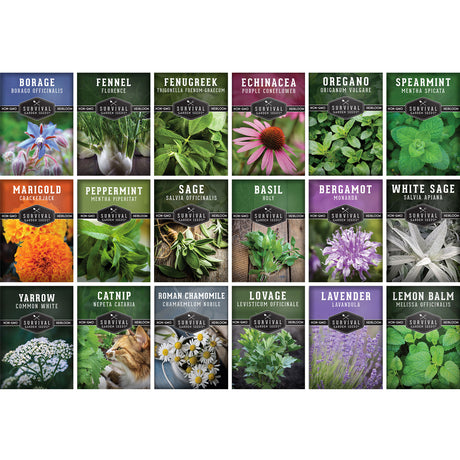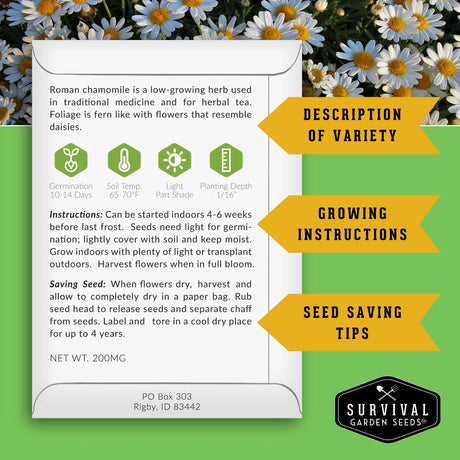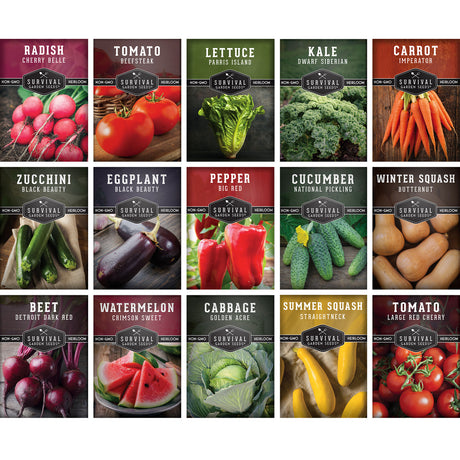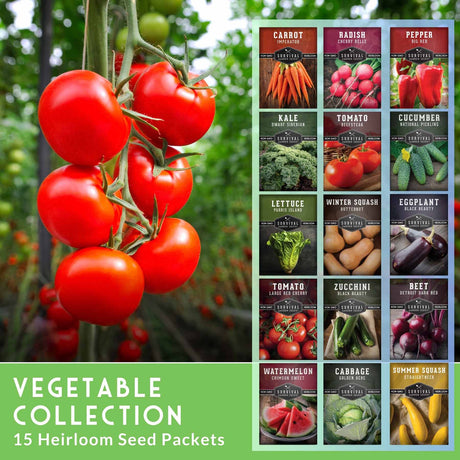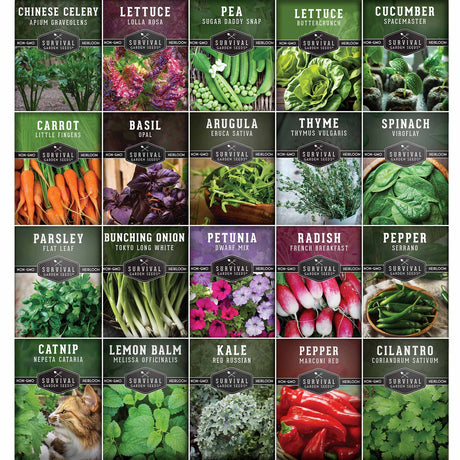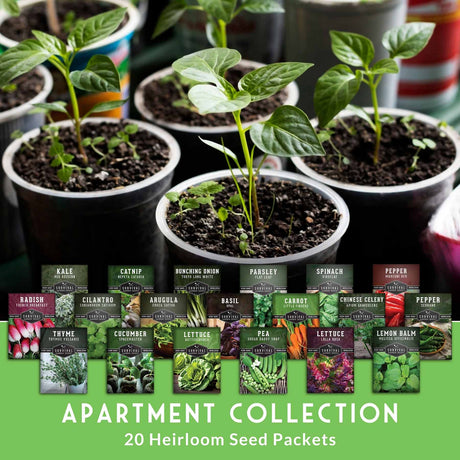Holy Basil, also known as Tulsi, is an ancient medicinal herb from India that we think everyone should grow at home. Many cultures consider this herb to be sacred because of its ability to alleviate stress and promote clarity of thought and peace of mind. In Ayurvedic tradition, this powerful herb is considered sacred and is revered as the “Queen of the Herbs.” Other names for Tulsi include “Mother Medicine of Nature” and “The Incomparable One.” Tulsi has been relied on for millennia, and today it continues to be a valuable resource for helping us respond to the stresses of modern life, and it’s a must-have for any medicinal herb garden.
Holy Basil Plants

Like all basils, Holy Basil is a member of the mint family. It shares the same square stems, paired simple leaves, and high levels of aromatic compounds that are characteristic of this family of herbs. There are two different botanical names used for Tulsi, Ocimum tenuflorum and Ocimum sanctum, which can cause some confusion. If you run into these names, don’t worry. Researchers, gardeners, and botanists use the terms interchangeably. They’re always referring to the same plant, Holy Basil.
An Adaptogenic Medicinal Herb
As an adaptogenic herb, Holy Basil helps the body to adapt to stress and return to a balanced state. This sort of herbal support is subtle but powerful. Tulsi’s effects are noted for providing the body with support for handling stress of all sorts - from physical stresses to emotional ones.
For example, if a person’s response to stress is becoming tense, with a racing mind and high levels of anxiety, a cup of Tulsi tea might help them to return to a calmer baseline. However, if another person’s body is responding by shutting them down, Tulsi might produce the opposite effect - energizing them and helping them to respond normally to everyday life.
Growing Holy Basil from Seed

Holy Basil is very easy to grow and can be propagated by cuttings or grown from seed. Since it can be difficult to find Holy Basil plants for sale, we recommend growing from seed. It’s also more economical and promotes more genetic diversity, creating stronger plants in the long run.
Because Holy Basil comes from a tropical region, it prefers warm conditions for both germination and growing. We find it’s easiest to start it indoors so that you’re able to keep the soil at the optimal germination temperature of 70-80°F. Plant the seeds about a quarter inch deep and keep the soil evenly moist. Your tiny seedlings should emerge in 7-14 days, usually sooner.
Holy Basil is adaptable and can thrive in containers or in the ground. You can even grow this herb entirely indoors, just make sure you give it plenty of light. If you’re moving your plants outdoors, make sure to properly harden the seedlings to outside temperatures and conditions. Choose a sunny spot with well-draining soil and space your plants 12-18 inches apart.
Maintaining & Harvesting Holy Basil
Just like all basils, it’s easy to care for Tulsi plants. They prefer a lot of sunlight, so if you’re growing them indoors make sure they get at least 8 hours of supplemental light. A south-facing window might not provide enough light. If you have planted your Holy Basil outdoors, bring it indoors once the temperatures begin to drop in fall. Cold weather will damage or kill off these heat-loving plants.
Harvest Holy Basil leaves in the morning for the highest concentration of aromatic compounds. Frequent harvesting or pruning just above a growth node will encourage your plants to produce more leaves and become bushier. Pinch off flowers as they form to ensure that your plant does not switch to seed production mode. This will allow you to enjoy a longer harvest.
How to Use Holy Basil

There are many ways to use Holy Basil and get the benefits of this wonderful herb. Fresh Tulsi leaves can be steeped to make a soothing herbal tea, perfect for relaxing and combatting daily stresses on the body and mind. The leaves can also be used for cooking, as they have a spicy flavor that’s a bit more potent than Sweet Basil. You can also make tinctures or infused oils that can help the body manage stress. Crushed leaves can be used in poultices for skin irritation.
It’s a good idea to start small when using Holy Basil to monitor your individual reaction because the effects can vary. For example, if you find that Tulsi has an energizing effect, you may want to use it in the morning and avoid taking it before bedtime. This is a good practice whenever you’re introducing a new herb so that you can make any adjustments as needed without overwhelming your system.
Storing Holy Basil
Proper storage is crucial for preserving Holy Basil’s flavor and medicinal properties. Fresh leaves can be kept in the refrigerator, wrapped loosely in a damp paper towel, and placed in a plastic bag, for a few days. For longer term storage, leaves can be frozen, either whole or finely chopped, in an airtight container or ice cube trays with water, preserving their fresh flavor. And of course, if you’ve got access to a freeze dryer, you can always use that excellent option.
For shelf-stable storage, the leaves can also be dried. This option is great for making loose-leaf tea. To dry Holy Basil, hang bunches of the herb upside down in a warm, dry, and well-ventilated area away from direct sunlight. Once the leaves are completely dry, crumble them and store them in an airtight container away from light and heat. This dried form retains its aroma and medicinal qualities for several months.
Grow Your Own Holy Basil
Tulsi is a delightful, useful herb that can support your family’s overall wellness and health. No matter if it’s grown indoors or outdoors, in containers or in the ground, adding it to your medicinal herb garden is both easy and rewarding. Try it for yourself, and discover why Holy Basil is such a revered medicinal plant that has stood the test of time.


